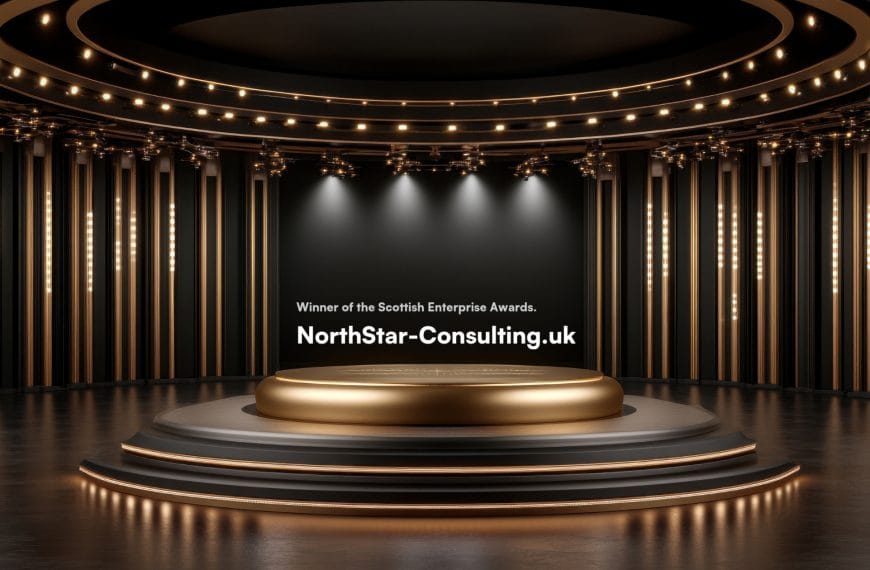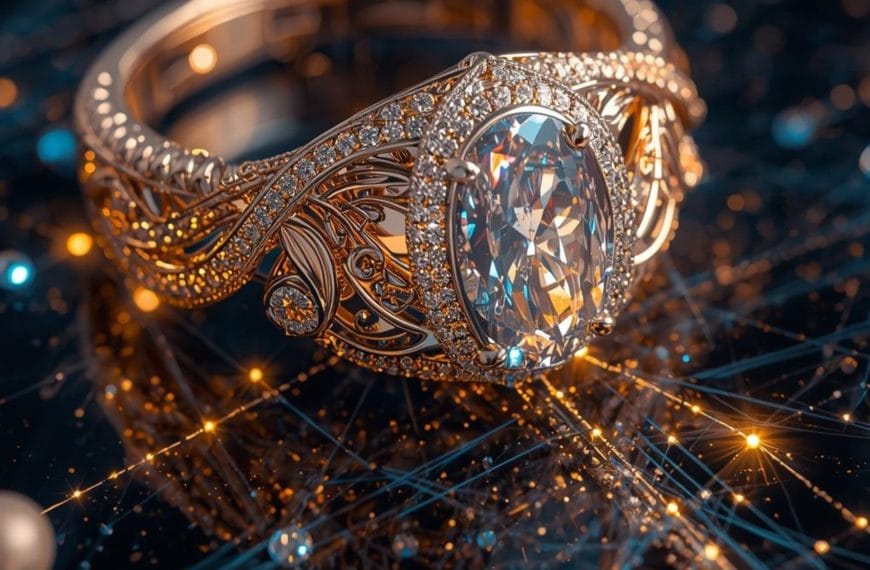In the world of luxury, our minds often drift to iconic brands like Cartier, Hermès, or Chanel.
These giants are synonymous with prestige, exclusivity, and luxury. However, true luxury transcends brand names; it rests in the uniqueness, craftsmanship, and authenticity of products and services.
For SMEs that specialise in unique, non-mass-produced goods, their offerings can embody luxury just as much as larger brands do.
With strategic branding and reputation management, SMEs can create a powerful brand presence that elevates their offerings to luxury status.
Understanding Luxury Beyond Big Brands
The luxury market, traditionally dominated by large, high-profile brands, is evolving. As consumers seek authenticity and personalised experiences, there’s a growing appreciation for unique, smaller brands offering meticulously crafted goods and bespoke services. In essence, luxury is not about size or fame but about exclusivity, quality, and the story behind the product.
Industries such as niche perfumeries, bespoke furniture makers, slow fashion and artisanal producers have redefined what it means to be a “luxury brand.” According to our research, consumers now consider rarity, heritage, and quality craftsmanship to be central to luxury value.
Why Reputation Management Matters for SMEs
For any business, large or small, brand reputation is fundamental.
In the luxury sector, where customer expectations are sky-high, building a solid reputation is even more critical.
Reputation management for SMEs involves safeguarding brand image and nurturing trust and credibility with customers.
When an SME positions itself as a luxury brand, it must focus on maintaining a flawless reputation to resonate with discerning luxury consumers.
Effective reputation management strategies involve consistent brand messaging, quality control, and maintaining positive interactions with clients.
Online reviews, word-of-mouth, and digital reputation are vital for SMEs. Luxury consumers often rely on personal recommendations and customer reviews, so positive testimonials can significantly impact an SME’s brand equity.
At NorthStar, we guide businesses through the essential steps of brand and reputation management, ensuring their values align with their customer expectations.
Crafting Brand Equity Through Uniqueness
Brand equity refers to the perceived value and strength of a brand in the eyes of consumers.
For SMEs, brand equity is built through distinctive qualities that set them apart from mass-produced brands.
Every handcrafted detail, sustainable sourcing choice, and personalised customer experience elevates the brand’s prestige.
Leveraging Uniqueness to Build Brand Equity
-
- Authentic Storytelling: Sharing the unique stories behind each product or service can forge meaningful connections with customers. Artisans and boutique service providers often have compelling narratives about their craft, sources of inspiration, or commitment to ethical practices. Highlighting these stories through content, blogs, and social media allows consumers to appreciate the value behind the brand.
- Quality Over Quantity: Unlike large brands with high production volumes, SMEs can emphasise small-batch, high-quality production. This exclusivity inherently adds value and appeals to luxury consumers who prioritise quality over ubiquity.
- Personalised Service: Luxury consumers value personal attention. Small brands can offer a level of customer service that feels tailored and exclusive, setting them apart from larger competitors.
Possibilities for Building a Luxury Brand as an SME
Building a luxury brand involves strategic reputation management, customer-centric branding, and consistent execution. Here’s how SMEs can elevate their branding efforts:
-
- Invest in High-Quality Branding: Luxury branding requires a visual and narrative identity that exudes sophistication. From logos to packaging to website design, every detail should reflect the brand’s unique essence. Collaborating with a branding expert can ensure all brand elements consistently convey luxury.
- Selective Distribution: Luxury is often defined by scarcity. Limiting distribution channels and creating exclusivity can increase perceived value. This reinforces the notion that the products are rare and precious, a hallmark of luxury.
- Digital Reputation Management: In today’s market, online reputation management is crucial. Platforms like Google Reviews, Yelp, and Trustpilot allow consumers to share their experiences and influence brand perception. Regularly monitoring and responding to feedback fosters trust and shows customers their opinions matter. NorthStar provides SMEs with tools to manage and enhance their online reputation seamlessly.
- Collaborate with Influencers and Thought Leaders: Partnering with influencers or collaborating with luxury industry insiders can help SMEs reach a larger audience without diluting their brand’s exclusivity. Influencers who align with the brand’s values and aesthetics can introduce the product to luxury buyers seeking authenticity.
- Sustainability and Ethical Practices: Many luxury consumers today are conscious of environmental and ethical issues. For SMEs, embracing sustainable sourcing, fair trade practices, and eco-friendly packaging not only appeals to the luxury market but also enhances brand reputation. Being transparent about these practices adds depth and value to the brand.
Case Studies of SMEs Successfully Building Luxury Brands
Everlane: Although not a traditional luxury brand, Everlane exemplifies how transparency and sustainability can elevate brand’s reputation. By disclosing costs and focusing on ethical practices, Everlane has built a brand perceived as luxurious for its values, quality, and social responsibility.
Zegna’s Made-to-Measure: Italian menswear brand Zegna offers customised service where each garment is tailored to the individual client. By focusing on craftsmanship and personal attention, Zegna has created a luxury experience even within a smaller, high-quality production model.
La Perla Beauty: Known for its high-quality materials and craftsmanship, La Perla has positioned itself as a luxury brand through its attention to detail and exclusivity. As an SME in the beauty industry, it shows how focusing on quality and uniqueness can create a luxury brand image even without mass production.

NorthStar’s Role in Reputation Management for SME Luxury Brands
At NorthStar, we understand that a brand’s reputation is as valuable as any product. For SMEs aspiring to luxury status, reputation management is not just about handling crises or garnering positive reviews; it’s about creating an authentic, lasting brand story that resonates with high-end consumers.
We collaborate with SMEs to develop bespoke strategies that position their unique offerings as luxurious.
Through our tools and expertise, we help these businesses maintain a sterling reputation, build brand equity, and nurture long-term customer relationships.
In an age where digital reputation defines consumer perceptions, NorthStar ensures that our clients’ brands are seen as the exceptional, unique, and luxurious experiences they are.
Get in touch with us today




